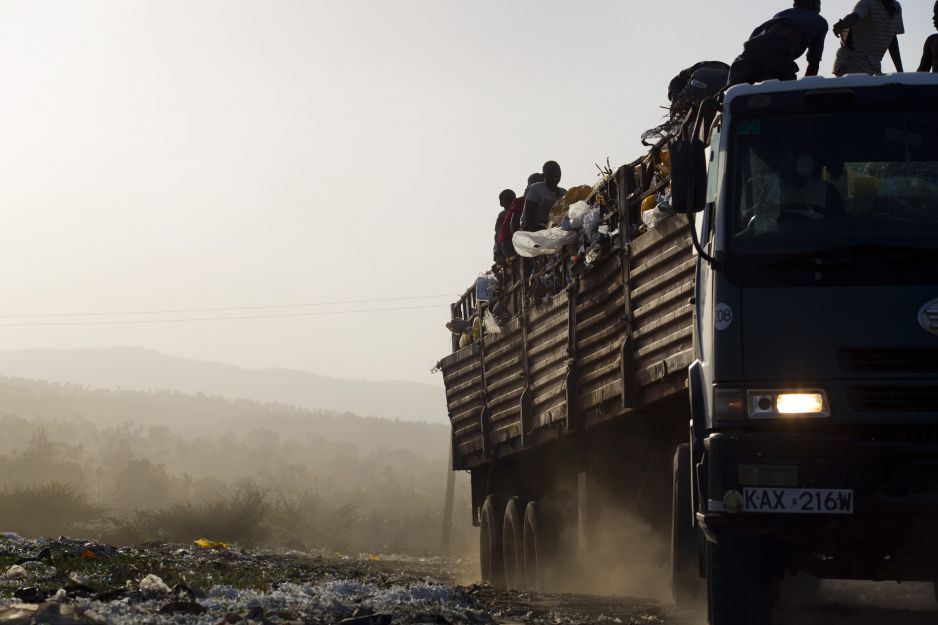HAZARDOUS WASTE EXPORTING - A MOVE IN THE RIGHT DIRECTION ☢️
POSTED BY ALICE
Our planet is increasingly being choked by the waste products of development and, many industrialized nations have been attempting to overcome the lack of local waste depositary sites, internal environmental pressures, and high cost of disposal by searching out dumping sites outside their own national boundaries. Such has become the problem that non-governmental organizations have estimated that over 8.5 million tons of waste are transported and traded annually.

Picture from https://www.actionaid.org.uk
Most concerning is the trend to “export” hazardous waste, and, since the 1980s, numerous attempts have been made to export this type of waste to third world countries, in particular, those in Africa and Asia. Hazardous waste can harm all life, whether it ends up in the ground, in streams, or even in the air. Some toxins, such as mercury and lead, persist in the environment for many years, accumulate over time, and can be absorbed when fish or other prey are consumed.
In the past, nations were guilty of applying only loose regulations for many hazardous wastes, resulting in substantial contamination of communities and the environment. Recognizing this, first-world countries have taken steps to tighten their regulations, which has only led to the growth in exporting the waste to countries that have less strict, or less strictly enforced, environmental laws.
Thus, we should all cautiously applaud a new Article in the Basel Convention on “the Control of Transboundary Movements of Hazardous Wastes and their Disposal” that will become law from 5th December 2019. Hailed as a landmark agreement for global environmental justice, the ratification of the 1995 Basel Ban Amendment will now see the dumping of hazardous waste from member states of the EU, OECD and Liechtenstein prohibited - a ban now supported by a total of 97 countries. Jim Puckett, director of Basel Action Network (BAN), the organization that helped form the Basel Ban Amendment said: "The most important idea ever conceived to promote environmental justice at the global level is now law. We applaud all of the 97 countries that have ratified the agreement to date and hope that all others will now do so at the earliest opportunity."
"The most important idea ever conceived to promote environmental justice at the global level is now law. We applaud all of the 97 countries that have ratified the agreement to date and hope that all others will now do so at the earliest opportunity."
Jim Puckett, director of Basel Action Network (BAN)
Why cautiously? Well, the last part of Jim Puckett’s statement says it all - despite a total of 97 countries signing the agreement, many of the world’s major nations have not ratified the ban, including the USA, Canada, Japan, Australia, New Zealand, South Korea, India, Russia, Brazil, and Mexico. The USA, in fact, has actively opposed the ban amendment, and this has led some US organizations to step up the export of hazardous e-waste for “recycling” in developing countries. To make matters worse, recycling in these countries is often carried out under highly unsafe, poorly monitored conditions, with burning, melting, and chemical stripping of e-waste by untrained workers posing a serious health risk to those involved, as well as harming the environment.
In conclusion, we recognize that any legislation that helps outlaw unscrupulous disposal of hazardous waste has to be welcomed. Nevertheless, until all countries recognize the environmental crisis that is threatening the planet’s very existence and come together to actively commit to a more sustainable future, uncertainty will remain.

























